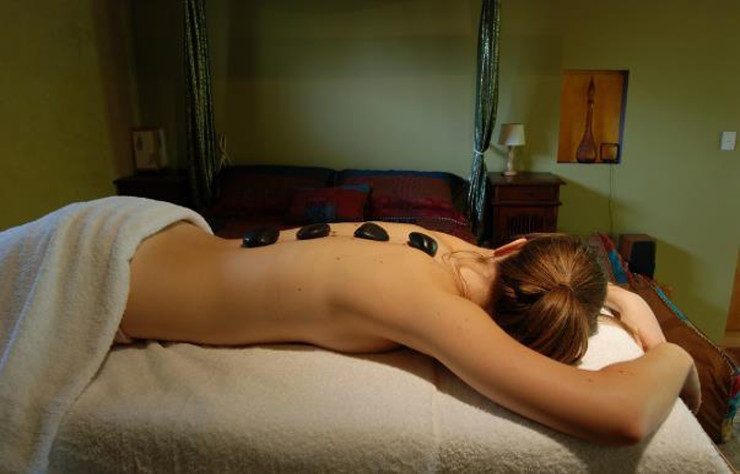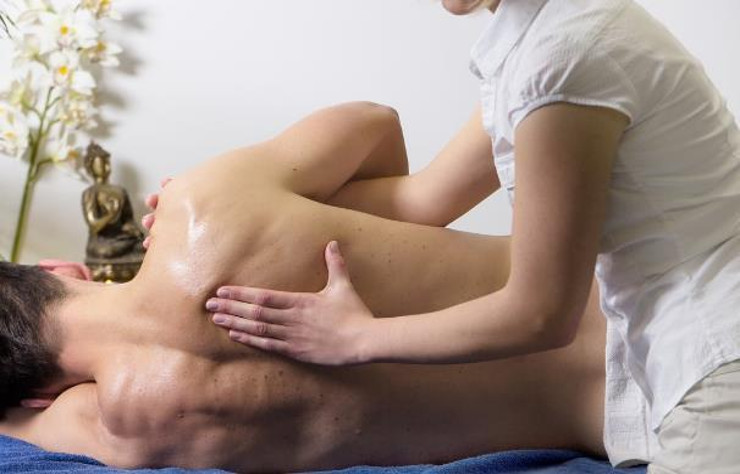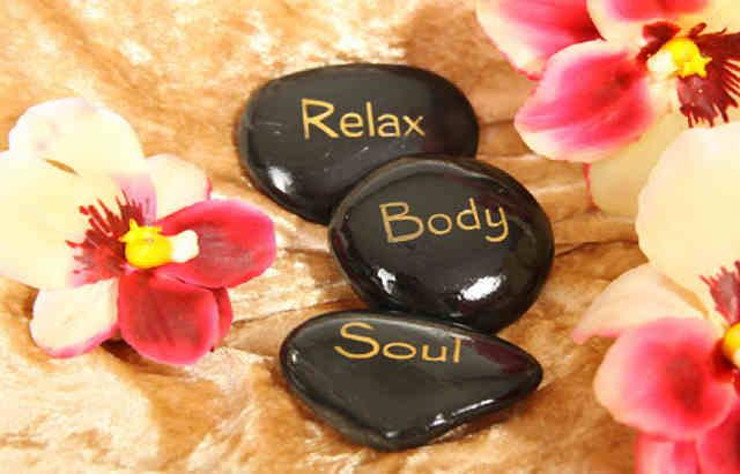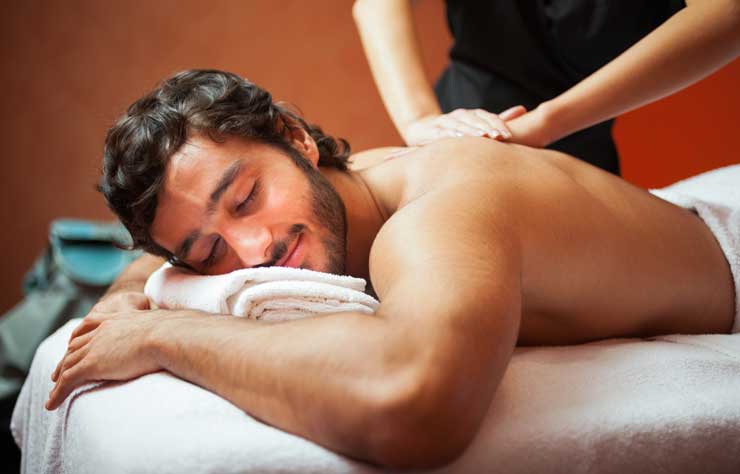Finding the right massage therapist for you is harder than you might think. At first, when you get a massage it just feels so great and luxurious to receive continues massage for one hour or longer! However, as you have received massage several times, it’s similar to becoming a wine connoisseur. You start to see that different therapist have very different styles, and your job is to figure out who would be the perfect one for you. Here is a short list of techniques and what to expect:
Soft/medium pressure Swedish relaxation massage
Swedish massage is the basic massage style. It follows a certain movement process over each muscle group on your body. The stroking style of Swedish massage should never be painful. Instead, you should pretty much just feel spoiled. Even though it’s mainly relaxing, it will still help your muscles relax and it does wonders for the soul!
Sports, Deep Tissue and Trigger Point Massage
Here is where it gets trickier. There is a fine line between when the deep tissue feels like “good pain” and when it doesn’t. Sadly enough, many therapist seems to believe the harder they push, the better it is. If on top of it, they use their elbows, you might actually get seriously hurt. My advice is to not let a therapist go super deep the first time you use them. Then, as they learn to know you and your body, you may allow them to get more intense. However, injury risk of using elbows (also called “Rolfing”) is quite real. I would just tell every therapist that you don’t want that.
Cupping massage
Cupping is not really massage, but it can be very effective for healing and pain control. The therapist will put vacuum cups on your pain areas and leave them there for a few minutes. There are good news and bad news… Good news, you’ll feel instant pain reduction and it will usually last several days. The bag news, you’ll be black and blue wherever you had the cups. No more short sleeve clothes for the next week…
Back walk, zone therapy, and/or acupressure
These are all massage techniques borrowed from far eastern medicine. The back walk sounds scary, but it’s actually even less painful than a normal deep tissue massage, because the therapist is able to spread a the pressure over a larger area. Zone therapy works on energy zones around the body all stimulated on your feet. Acupressure is like acupuncture, but using gentle hands instead of painful needles. All these therapies are for you who want to try something different.








